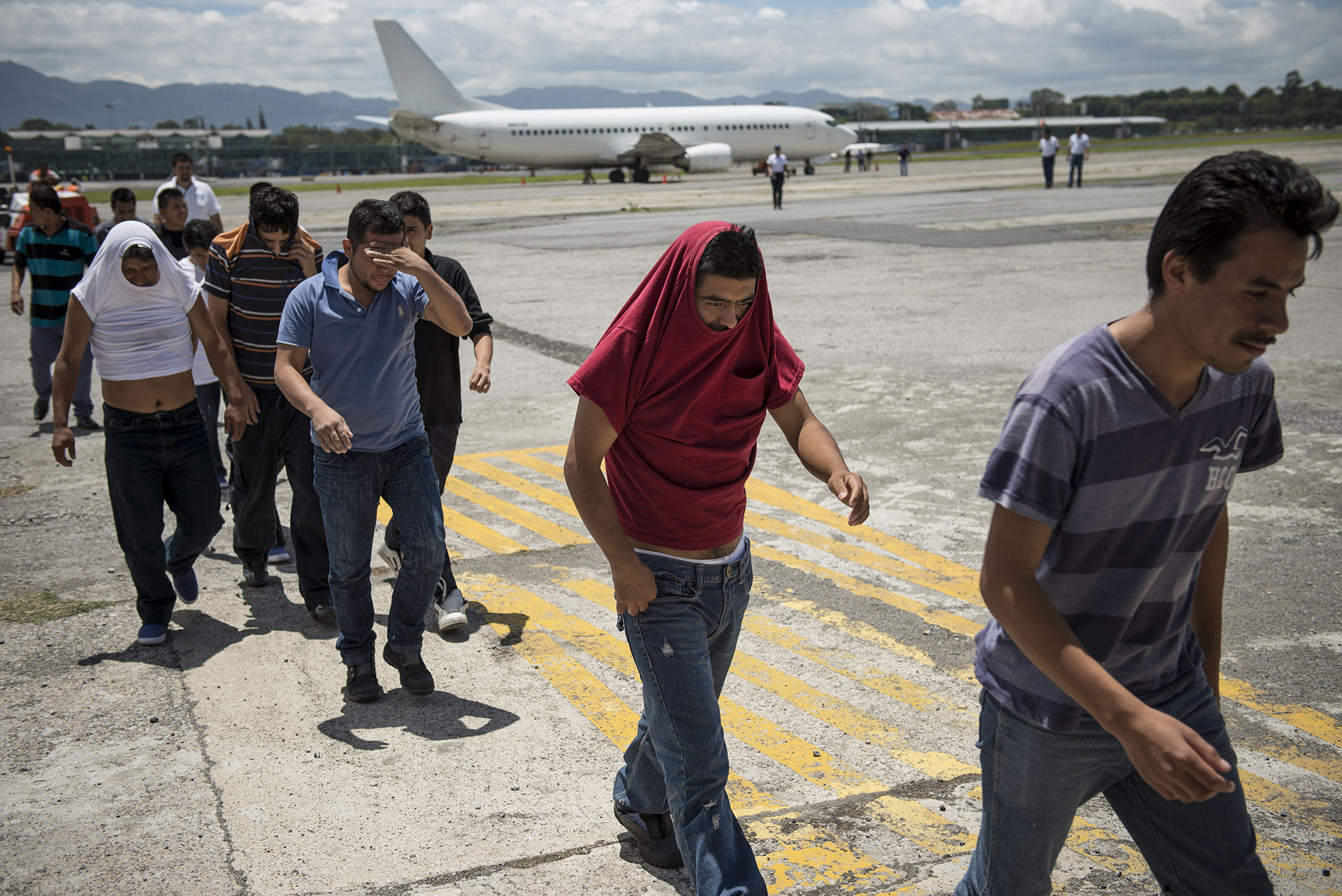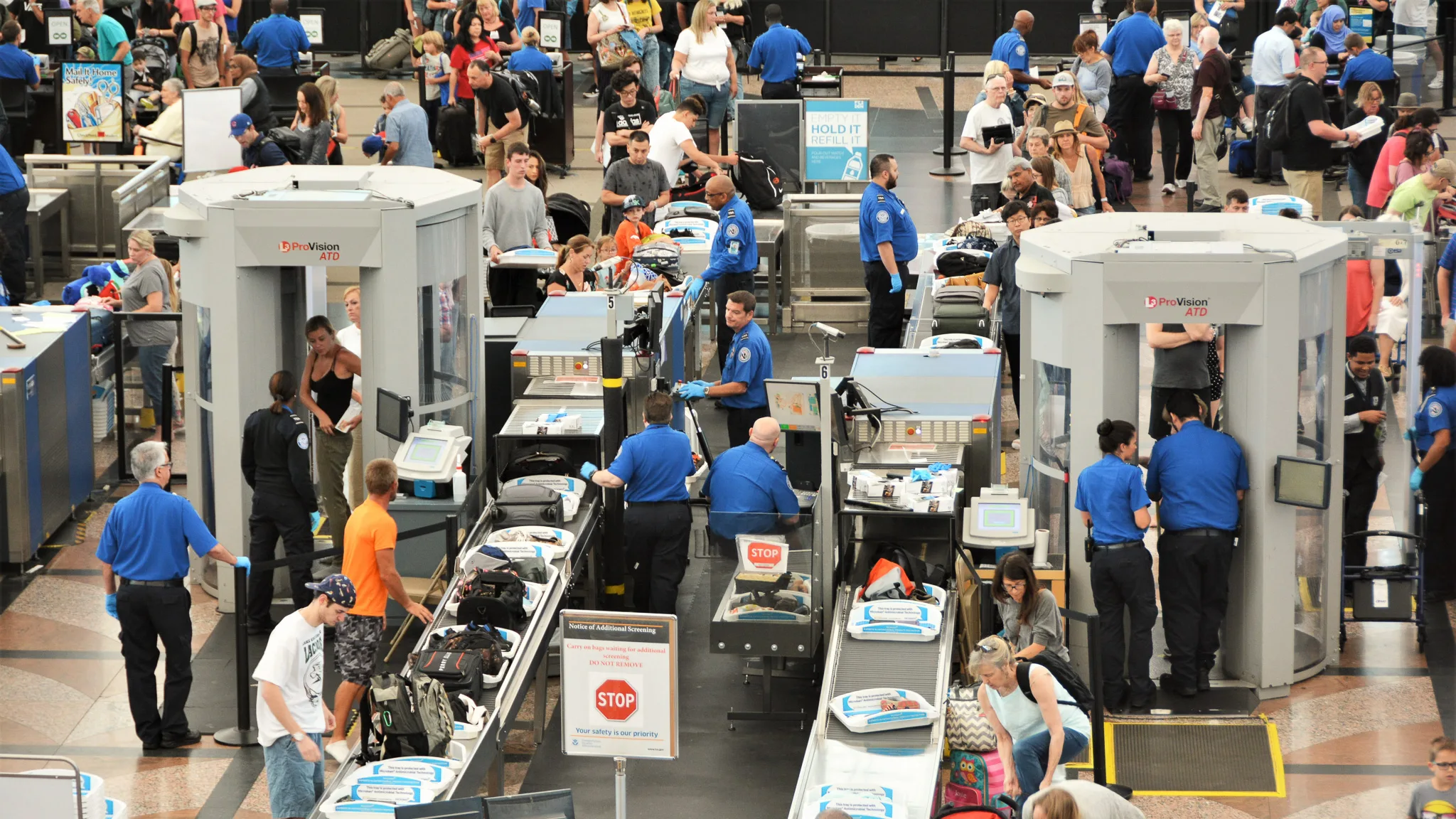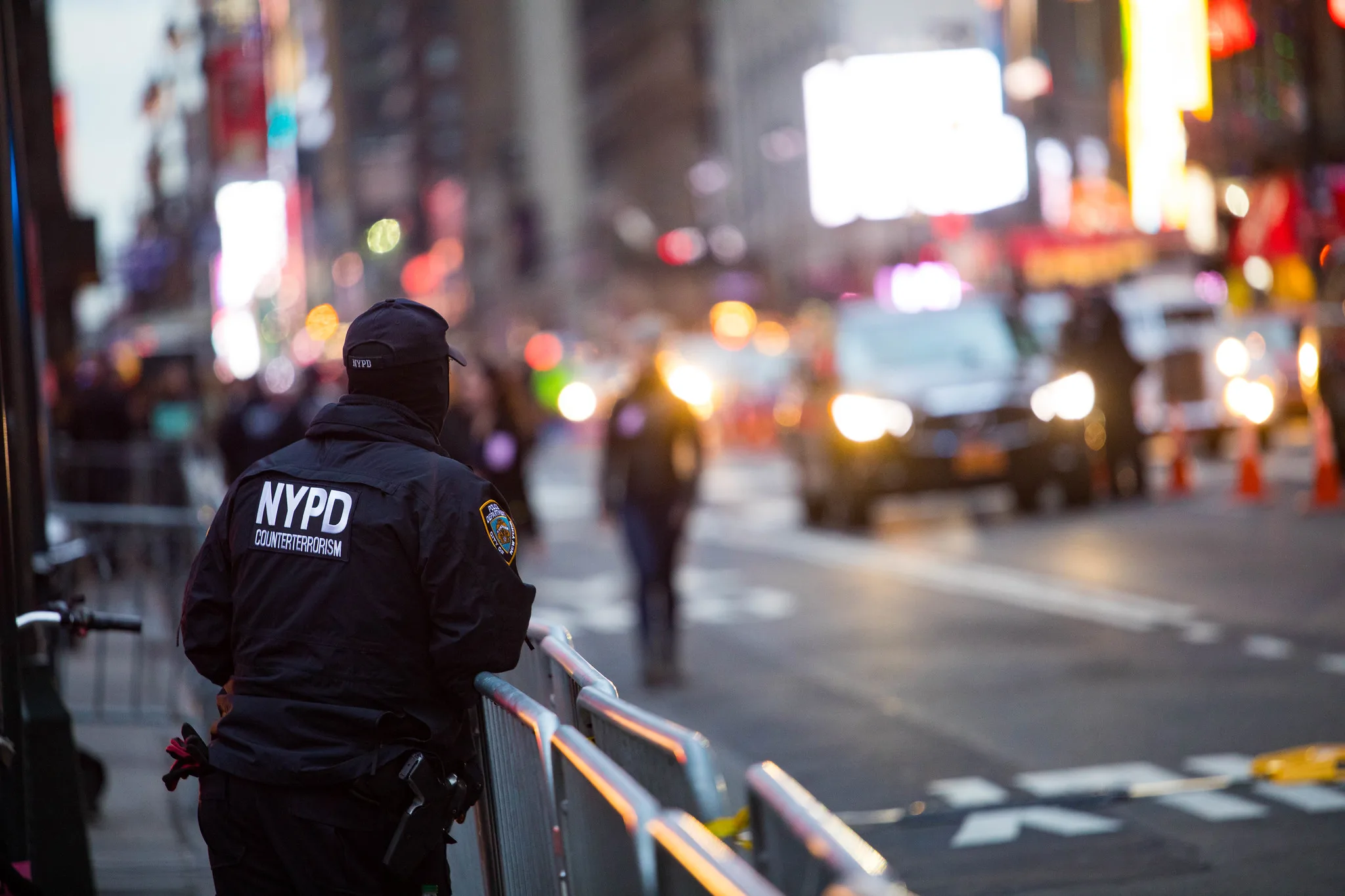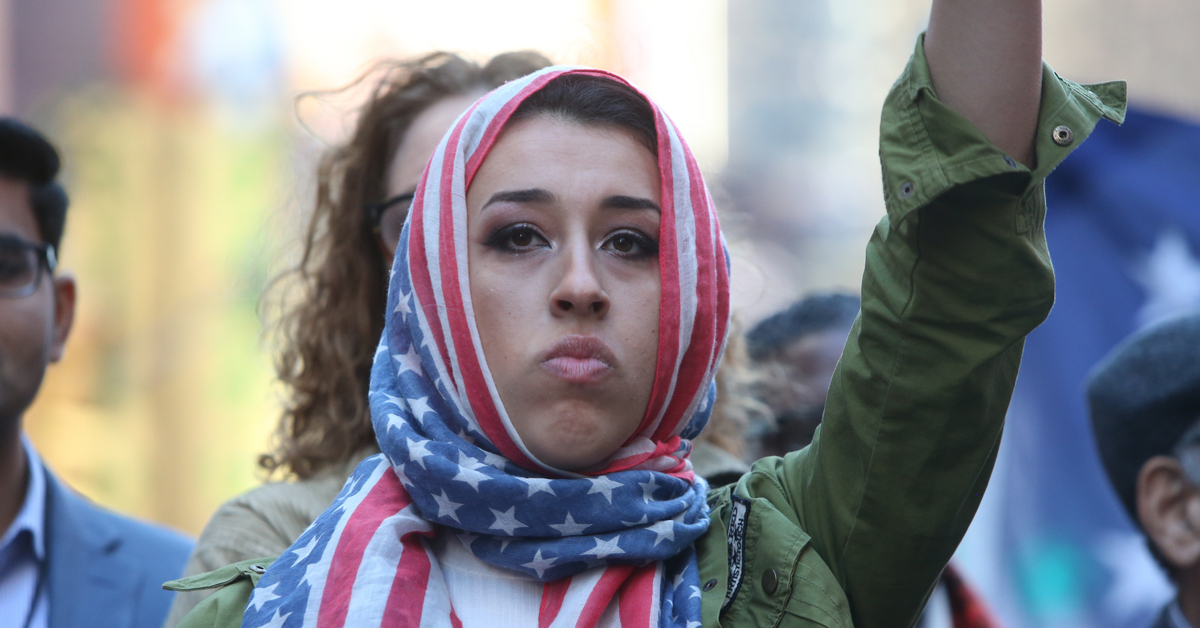Katherine Cadenas spent days traveling to different New York City organizations, asking for pro bono help with her immigration court case. One group told her they were at capacity and could not provide legal assistance. Another told her to come back at a later date, weeks away. In some cases, Cadenas has called every phone number she has found to seek legal aid – only to never hear back.
At the end of the month, Cadenas, an asylum-seeker from Venezuela who arrived in New York in early August, is scheduled to appear in immigration court, she said. But she fears that she will have to go through the process on her own.
“I don’t have anyone who can help me,” Cadenas, 28, said. “Everything is up in the air. How can I even present anything?”
Also Read: Court Cases in New York Are Scheduled Out to 2023, Leaving Asylum Seekers Hopeless
Recently arrived migrants like Cadenas have encountered a shortage of pro bono attorneys to guide them through the immigration court system. For asylum-seekers, the clock begins ticking as soon as they enter the United States. Within one year of their arrival in U.S., they must apply for asylum or they may be ineligible to stay in the country legally. But to do so, they must grapple with a complicated and often counterintuitive court system, which advocates say offers little room for error.
At 26 Federal Plaza, New York’s busiest immigration court and where many migrants must report for their Immigration and Customs Enforcement check-ins, the line of dozens of people was wrapped around the block on a recent warm Friday morning.
On the 12th floor of the building, about a dozen people were already lined up before 9 a.m. to do intake at a pro bono immigration legal assistance program specifically for unrepresented immigrants in deportation proceedings, run by Catholic Charities of the Archdiocese of New York. The program, called the Immigration Court Helpdesk, is first come, first serve, so the attorneys knew that some people who came later would be turned away.
“It’s just too many people,” said Hannah Strauss, a staff attorney at the Immigration Court Helpdesk at Catholic Charities. “Too many people who need help.”
Throughout the morning, men, women and children continued to peer around the corner to ask Catholic Charities for help. Twelve families were helped that day. But some who trickled in were told to come back another day, and encouraged to arrive early in the morning to secure their spot.
Also Read: New York Immigration Court Backlog Reaches Historic High
Alveiro and his wife, who are from Colombia and arrived in the U.S. about three months ago, were told that there would be no more space that day to review their case. This wasn’t the first time they had tried to be seen through the pro bono program. On a different day, the couple, who did not want to give their full names for privacy reasons, had left the Yonkers apartment where they were staying at 4 a.m. to try and make it on time to the line, they said. Even then, they were turned away because there were others already ahead of them.
“It’s so difficult to find a lawyer,” Alveiro said as he stood next to his wife in the hallway of the immigration court.
His wife broke down, crying. “It’s so hard,” she said through tears, recounting the hurdles they’ve faced in trying to find representation. “We’ve left at 4 a.m., we’ve been stuck to phones, we’ve been told we have to pay $1,500.”
This year, the New York state budget included historic funding for immigrants needing free legal representation–with $20 million allocated to immigration services. And this week, the City said it opened a resource navigation center for asylum seekers, which will include immigration legal assistance for newly-arrived migrants.
Still, immigration attorneys across the City say they are already stretched and can only take on so many cases.
“It’s safe to say all the immigration service providers are already at capacity with all of the things that have been going on,” said Hasan Shafiqullah, the Interim Attorney-in-Charge of The Legal Aid Society’s Immigration Law Unit. “We’ve got full dockets…we just don’t have capacity to pivot to multiple year engagements on new matters like this.”
Also Read: As Asylum Seekers Arrive in NYC, Many Struggle to Get on Their Feet
Jodi Ziesemer, the director of the Immigrant Protection United at the New York Legal Assistance Group (NYLAG), pointed out the lack of federal funding for legal assistance aimed at newly arrived migrants.
“This is a large need that is unfunded completely,” Ziesemer said. “Lawyers are already very tapped out, we are attempting to pivot some of our resources to respond.”
Outside 26 Federal Plaza on Monday, Gabriela Salina sat on the steps, holding her one-year-old daughter. After making the journey from her home country of Ecuador to the United States, Salina has been in New York for about two months, she said, and is staying at a shelter in the Bronx with her three children and her husband.
Her court date is scheduled for 2024, she said. But since she is applying for asylum, she must submit her application well before then–and she isn’t sure where to even begin trying to find a lawyer.
Also Read: How Attorneys Wrangle New York’s Wildly Unpredictable Immigration Court Schedule
“They [officials] just told me to come back in two years,” Salina, 30, said. “They should have given me more information.”
Without guidance, hundreds of migrants may be unaware of if or when they may have to appear in court. And a mail-only system for notices exacerbates the dilemma.
This summer, Catholic Charities has received more than 300 hearing notices for individuals who they do not know, said Lauren Wyatt, Managing Attorney for the Access to Justice Initiatives at Catholic Charities. The group says that officials at the border are putting Catholic Charities addresses on the documents of migrants, because people may not have another place to go. But the notices should be reaching the migrants directly.
A spokesperson for Customs and Border Protection said that migrants are provided with forms to update their address once they reach their final destination. “Migrants who are provisionally released must provide an address and have strict immigration reporting requirements, including checking in with Immigration and Customs Enforcement for further processing once they reach their destination,” the spokesperson said.
Catholic Charities is also receiving in absentia deportation orders, which means that individuals who did not show up at their court hearings – likely because they did not know they were happening since the address in the system was wrong or outdated – now have been ordered removed from the country, Wyatt said.
“The government has the right to just put them on a plane after that,” Wyatt said in-between darting in and out of rooms during the pro bono program on a recent Friday. “It’s a bunch of extra barriers in the way.”
A regional spokesperson for the Executive Office for Immigration Review did not respond to a request for comment about the hearing notices.
Some migrants who were initially planning to go to other parts of the country and ended up in New York shelters say they have received little direction on how to change their addresses, and aren’t sure if they are getting updated information about their court date.
Also Read: Chaotic Reopening of Immigration Courts Make New York Immigrants Fear Deportations
Cadenas, who is having trouble finding an attorney, is at a shelter in Queens. She was initially supposed to stay with a friend in New York, but the friend was no longer able to have her. Now, her friend’s address is still in the system for her immigration case, she said, despite her efforts to adjust it.
Her friend, Jaime Lopez, was also looking for direction on how to change his address for court documents, but he doesn’t even know where to start. Lopez, 33, was initially supposed to stay with someone in Florida, but that person also backed out, he said. So he made his way to a shelter in New York when he arrived in the United States almost a month ago, he said.
Lopez, who is from Venezuela, has a Notice to Appear in Orlando immigration court in April of 2024, according to his documents. But again, he has not received any tips on how to change his address to New York. “No one told me, I don’t know anything about that,” he said.
For Cadenas, doing everything by the book for the immigration process is a paramount concern, so she’ll continue looking for help, she said.
“The most important thing for us is to do everything legally,” Cadenas said.
Also Read: Government-Funded Immigration Attorneys Proposed for New York















